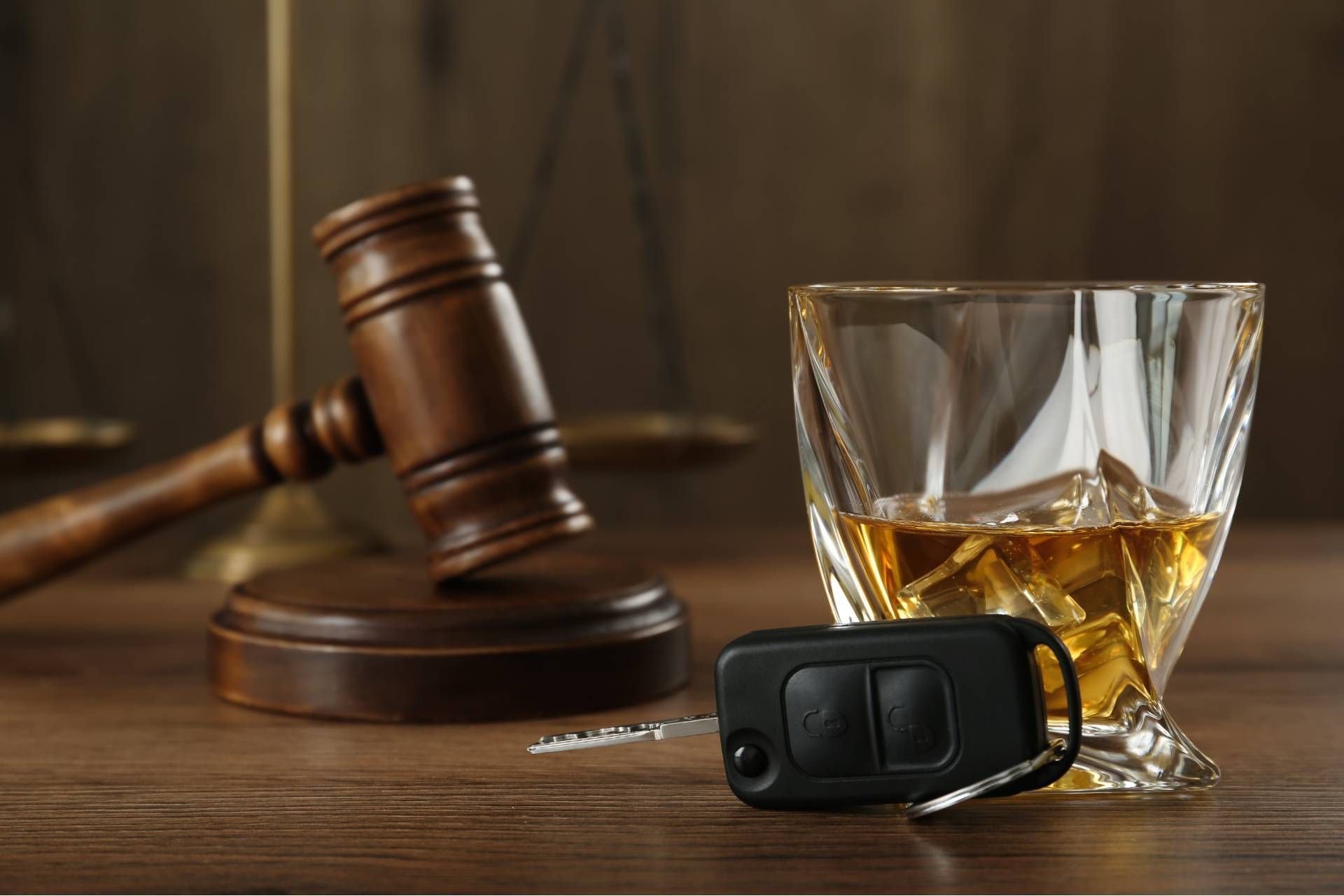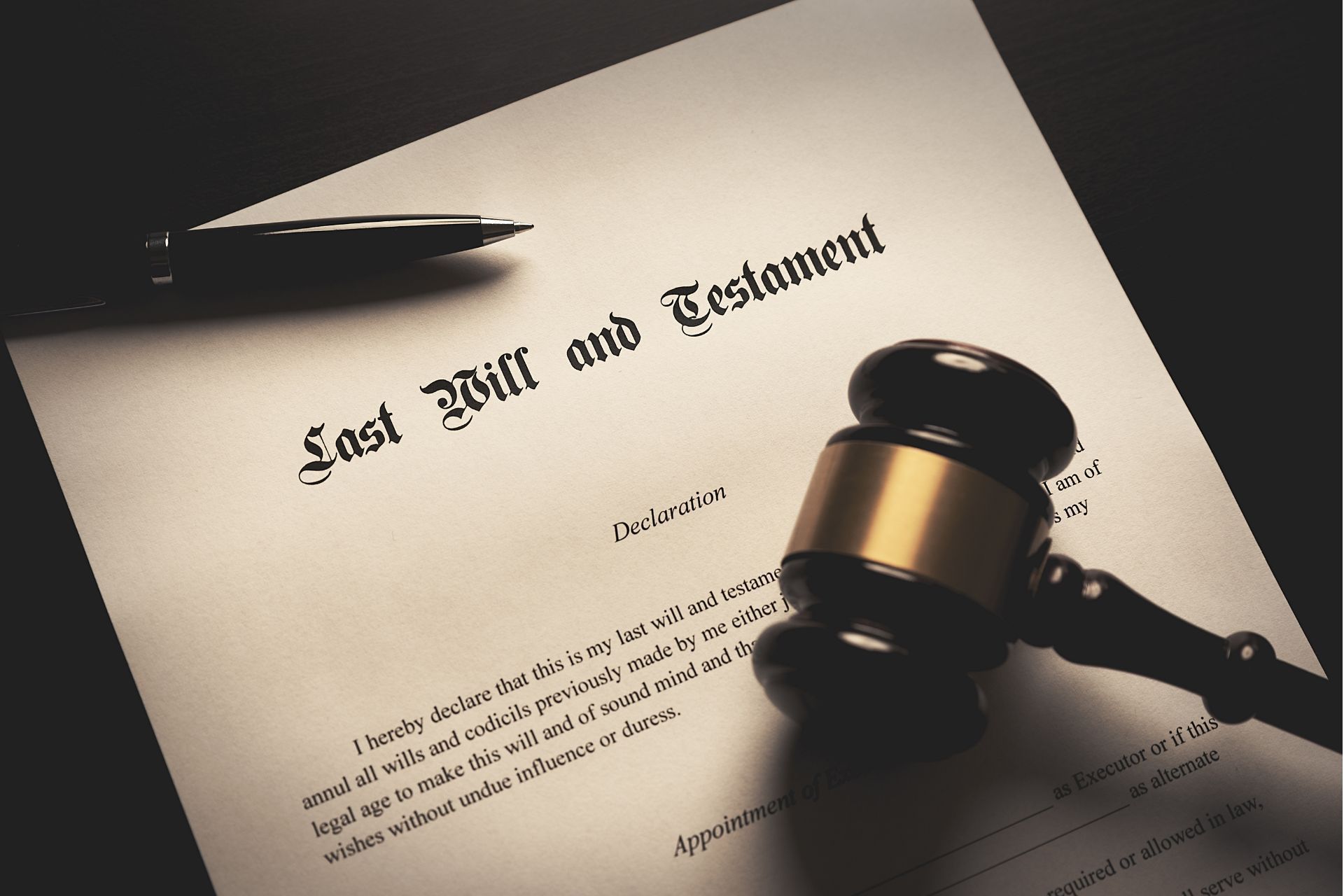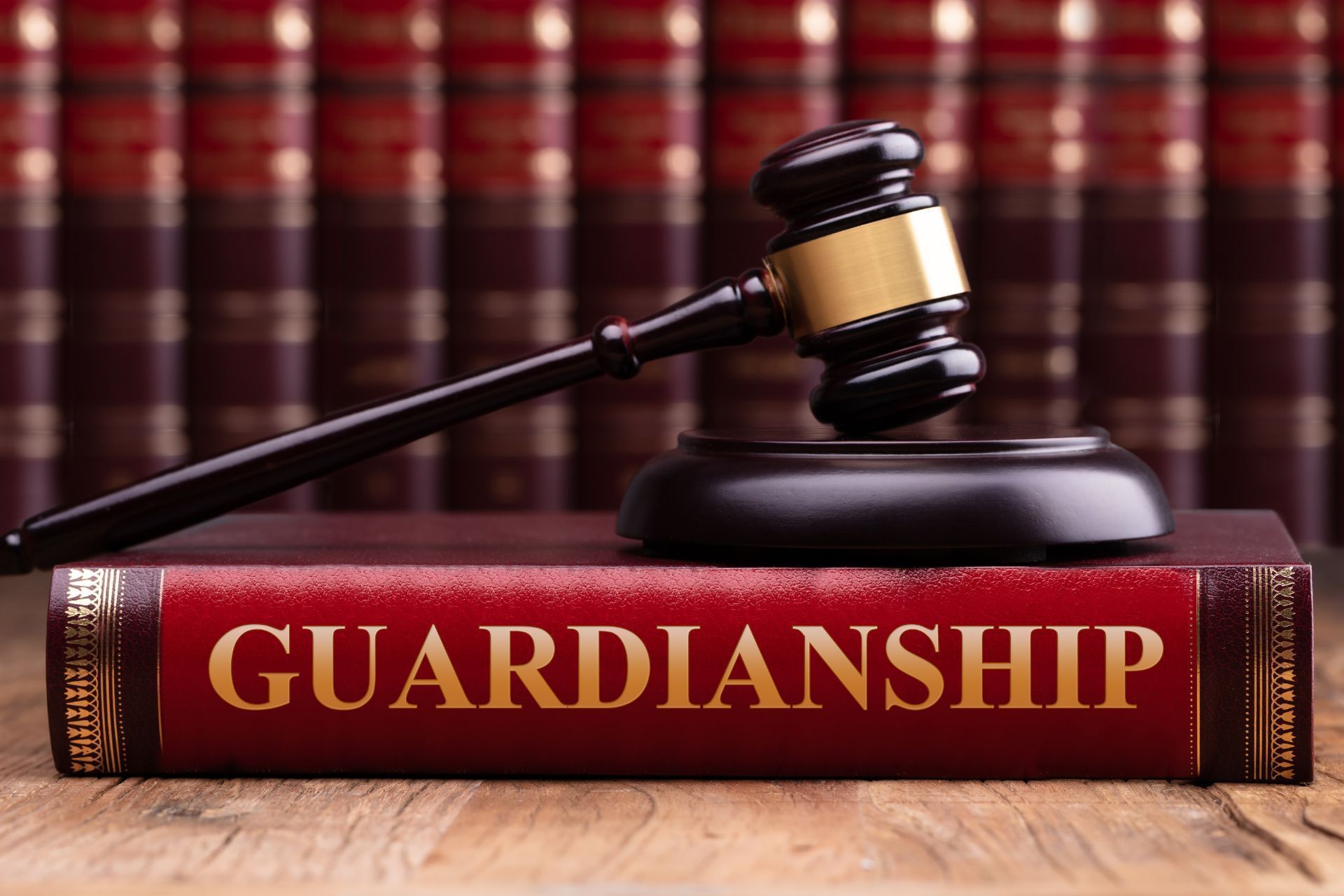Blog
Michael J Englert, Attorney at Law

November 8, 2024
Driving under the influence (DUI) is a serious offense that can have long-lasting consequences. Not only does it pose a danger to yourself and others on the road, but it can also result in legal consequences that can impact your life for years to come. One such consequence is a DUI conviction record.

October 23, 2024
Truck accidents are a common occurrence on Missouri highways and interstates. The prevalence of these accidents can be attributed to a variety of factors, including the large number of commercial trucks that travel through the state, the high speed limits on some roads, and the sometimes unpredictable weather conditions.










